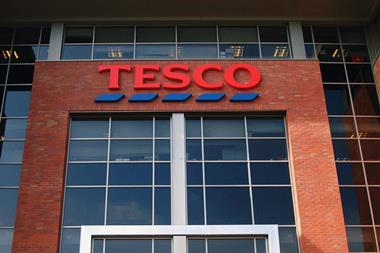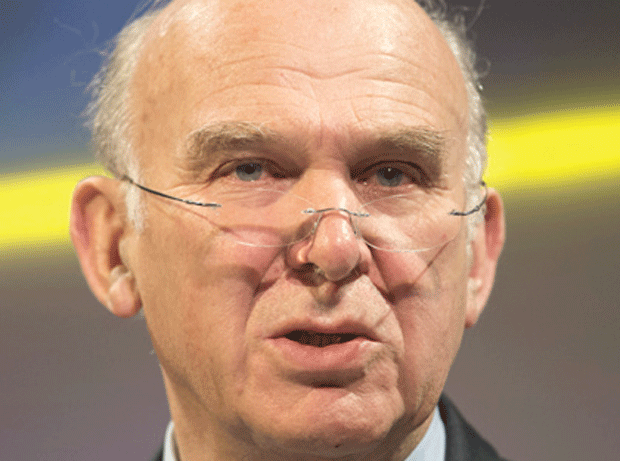
Morrisons is a more financially sound business than Tesco, with a more coherent turnaround strategy, according to one of the major credit rating agencies.
Moody’s Investor Services, which rates the creditworthiness of both Morrisons and Tesco, said the Bradford-based supermarket’s “credit profile is stronger than Tesco, although both remain under pressure.”
Morrisons now represents the better risk profile of the two, due to its lower leverage, lower exposure to very large stores and its clear strategy of narrowing the price advantage of the discounters.
The rating agency downgraded Tesco to Baa3 - one notch above junk status - last week after citing its drastic decline in first half trading profit and second quarter 5.2% like-for-like sales collapse. Morrisons is rated one notch higher at Baa2.
Tesco’s reduced rating remains under review for downgrade with Moody’s: “Tesco’s strategy to turn the business around remains unclear, it has not provided full-year profit guidance and an external investigation into accounting errors could add further negative pressure,” it added.
Although the rating agency conceded Tesco was more geographically diversified, it noted that 90% of Morrisons’ trading properties are freehold giving it far lower lease obligations than Tesco and greater financial flexibility.
Additionally, Moody’s highlights Morrisons’ “decisive action” on strategy compared to Tesco, which has “already delayed its response to the rising challenges of the market’s structural changes”.
It added: “Further details regarding Tesco’s new business and financial strategy are necessary to assess its commitment to retaining an investment-grade rating.”
Standard & Poor’s and Fitch Ratings also downgraded Tesco last week, leaving the supermarket on the brink of junk status with all three major rating agencies.
While Morrisons was backed by Moody’s, Bernstein analyst Bruno Monteyne reiterated his concerns about the Morrisons management team’s strategic vision in an archly worded note this week.
Comparing Morrisons unfavourably to Sainsbury’s Monteyne said: “In the last seven months we have seen three tag lines, we have seen a series of heavy vouchering campaigns despite a promise to cut promotions and now we have seen products go up in price that were meant to be subject to “permanently lower prices.
“It is unclear how consumers can trust Morrisons’ pricing strategy when it is not clear what this strategy is.”
Monteyne also queried his time-keeping priorities.
“If Dalton Philips wants to sign off on each price change then he will have to agree 12,000 price changes each year - that will effectively be his full-time job.” Monteyne calculated that at 10 minutes per change, it would take an eight-hour day and 250 wording days a year to monitor prices at Morrisons.
He added that its promises were “impossible to keep” and “constantly changing”.



















No comments yet